About Methodist Hospital Behavioral Health
Methodist Hospital Behavioral Health offers a variety of services to help those struggling with mental health issues. They offer dual diagnosis treatment for those with both mental illness and substance abuse issues, as well as specialized programs for young adults, adults, the elderly, LGBTQ individuals, and military personnel. Inpatient and outpatient treatment options are available, as well as cognitive behavioral therapy, experiential therapy, family therapy, group therapy, and individual therapy. Methodist Hospital is committed to helping those in need and providing the best possible care.
Addiction Treatment Programs
Dual Diagnosis
When you have a dual diagnosis, you have mental health and substance use concerns. It’s important to choose a rehab in Indiana that can treat both. Along with traditional evidence-based substance use treatment, clients may receive mental health counseling, medication, peer support, and other tools to help them manage their mental health.
Young Adult Rehab
Young adult rehabs in Indiana help young people overcome substance use and learn new life skills. Along with traditional evidence-based treatment, clients may receive educational support, employment training, and help securing housing.
Adult Program
Those who join an adult program in Indiana are given training in key life skills to help them with parenting, their career, and more. Along with traditional evidence-based treatment, clients may receive employment support, parenting classes, and help securing housing.
LGBTQ Friendly Rehab
Finding an LGBTQ+ friendly rehab in Indiana can make all the difference in helping you overcome substance use. LGBTQ+ friendly programs may include detox, inpatient treatment, outpatient care, aftercare services, and more. They will be tailored to take into account your unique individual needs.
Military Rehab
A military rehab in Indiana will understand the unique issues faced by military members and veterans that can make recovery harder. Along with traditional evidence-based treatment, clients may receive trauma-focused care, peer support, help with PTSD, and classes in overcoming other specific challenges.
Senior Rehab
Insurance Coverage
Medicaid
If you qualify for Medicaid in Indiana, you can use your coverage to help pay for rehab treatment. You can find treatment centers that accept Medicaid offering multiple levels of care, including detox, inpatient, and outpatient. You may pay little or nothing out-of-pocket.
Private insurance
If you have private insurance, that’s one good way to pay for substance use treatment in Indiana. Your insurance plan can pay for some or all of the costs of rehab, although you will want to contact the insurer for full details. You may have some out-of-pocket costs such as copays or deductibles.
Self-pay options
Paying for rehab in Indiana can be done a number of ways, including self-pay. When you pay on your own, you can write a check, send money electronically, or use a medical loan. Check with the center for the fee structure, which may vary based on the level of care.
Medicare
For those with Medicare, using your coverage to pay for treatment in Indiana can make rehab more accessible. Keep in mind that Medicare plans vary, so it’s important to check on coverage information and to find out which treatment centers accept your coverage.
Levels of Care
- 1
Inpatient Rehab
If you want or need to focus on recovery without distractions, consider inpatient treatment in Indiana. Residential treatment allows you to build new relationships and begin to learn how to enjoy life without substance use.
Therapies
Cognitive Behavior Therapy
Cognitive behavioral therapy in Indiana can help you challenge the thoughts behind your emotions and actions. CBT is a common part of evidence-based treatment programs and may be a part of inpatient treatment, outpatient care, or both. CBT can be empowering as you learn to manage your thoughts and emotions rather than being overwhelmed by them.
Experiential Therapy
The goal of experiential therapy in Indiana is to help you process your emotions and gain confidence in your ability to create positive change. Experiential therapy is commonly part of inpatient or intensive outpatient treatment and may be used to help with skill-building, addressing trauma, and managing substance use triggers.
Family Therapy
During family therapy in Indiana, clients have a supportive environment to talk with family members about conflict and unhealthy behaviors that may trigger substance use. Some of the topics covered in family therapy include improving communication, developing healthy coping skills, avoiding codependency and enablement, and learning to support each other in healthy ways that foster recovery from addiction.
Group Therapy
During group therapy in Indiana, clients have a safe environment to share their struggles with others going through similar issues. Group therapy is a normal part of evidence-based treatment programs, and may be a part of inpatient treatment, outpatient care, or both. Topics include addiction education, sharing of experiences, and learning new skills.
Individual Therapy
Individual therapy in Indiana is led by a professional therapist who talks to you about your specific experiences and emotions. Individual therapy is a common part of both inpatient and outpatient substance use treatment and may be used to help with skill-building, overcoming trauma, and creating a substance-free lifestyle.
Trauma Therapy
If you struggle with addiction in Indiana, it’s common to feel like no one understands what you’ve been through. Trauma-informed therapy can help you find professional help addressing your past and creating a healthier response going forward. Trauma-informed therapy sessions generally last 60 to 90 minutes and may include discussing a specific event, talking about emotional triggers, and learning emotional regulation and cognitive restructuring skills.
Location
Contact Methodist Hospital Behavioral Health
Top Drug Rehab Centers in Indiana
-
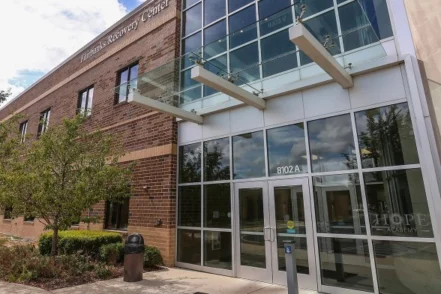 Indiana
IndianaCommunity Fairbanks Recovery Center
8102 Clearvista Parkway Indianapolis, Indiana 46256
-
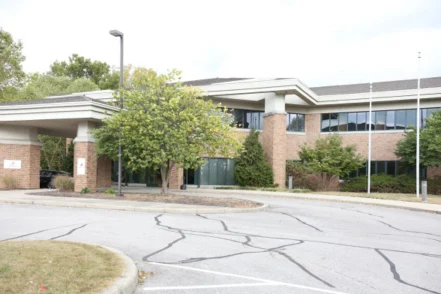 Indiana
IndianaLandmark Recovery Indianapolis
6330 Digital Way Indianapolis, Indiana 46278
-
 Indiana
IndianaAlcohol and Addictions Resource Center
818 East Jefferson Boulevard South Bend, Indiana 46617
-
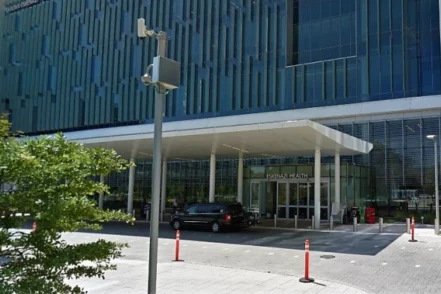 Indiana
IndianaSandra Eskenazi Mental Health Center Eskenazi Avenue
720 Eskenazi Avenue Indianapolis, Indiana 46204
-
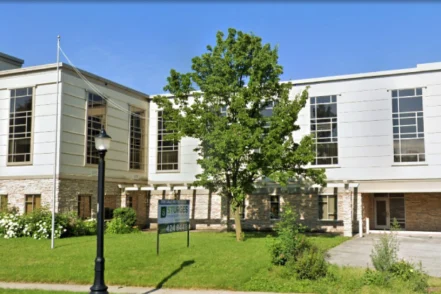 Indiana
IndianaAvenues Recovery Center at Fort Wayne
2626 Fairfield Avenue Fort Wayne, Indiana 46807
-
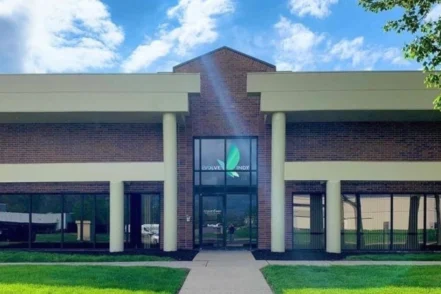 Indiana
IndianaEvolve Indy
8770 Guion Rd, Suite B Indianapolis, Indiana 46268
-
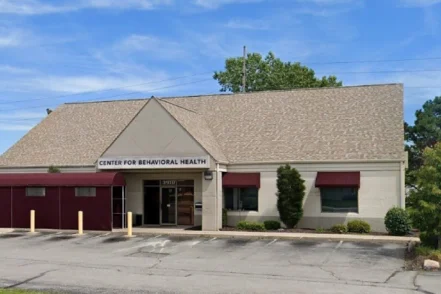 Indiana
IndianaCenter for Behavioral Health Fort Wayne
3910 Lima Road Fort Wayne, Indiana 46808
-
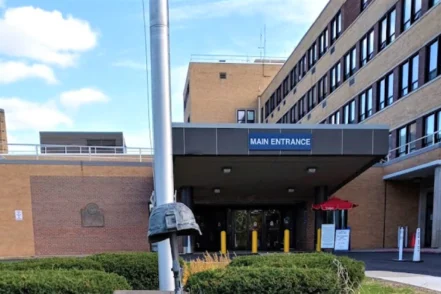 Indiana
IndianaVA Northern Indiana Health Care System Fort Wayne Campus
2121 Lake Avenue Fort Wayne, Indiana 46805
-
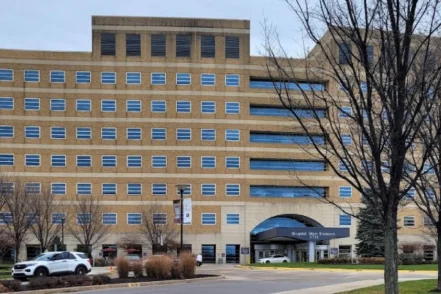 Indiana
IndianaIU Health Methodist Hospital Indianapolis
1701 North Senate Blvd. Indianapolis, Indiana 46202
-
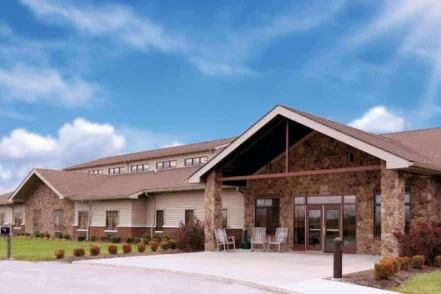 Indiana
IndianaBrentwood Springs
4488 Roslin Road Newburgh, Indiana 47630